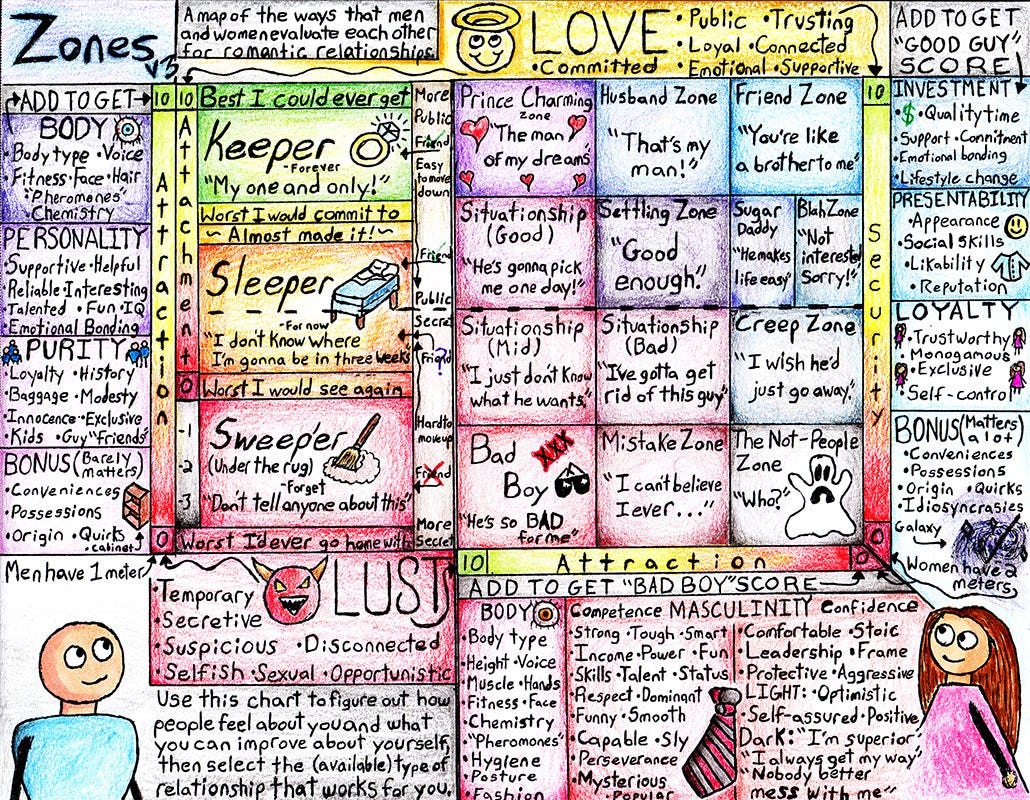I really liked this article, placing human attention in the realm of natural resources extracted by "Investors" is a novel idea I had never heard of before.
The idea of attention as a mineable resource hits really well given the context provided in this article. First presenting the limited resources of Coal, Trees, Fish, and Oil really helps paint a tangible feeling to help put the idea that "Attention is finite".
Not using the word capitalism in the article a single time and instead using "Investor", "MBA Prodigies" really helps paint the picture, I believe Capitalism is a very loaded word and appreciate the word choice.
I think that this as a stand alone piece works great, but it's got me thinking. It speaks to one emotionally which is very important. There is more to be done in digesting the meme, "Attention as a mineable resource". For example, What really is attention, why it is valuable, what are products it defines, what is the history of attention as a mineable resource. These questions would be a good starting off point for future discussion. For example we think of Facebook and Tik tok as attention mining systems, but before the internet we also has TV(Idiot Box), Magazine, Taboilds, and News Papers as systems of mining attention. There's a fun "The Medium is the Message" allegory to be made here I don't quite have the media literacy to articulate.




